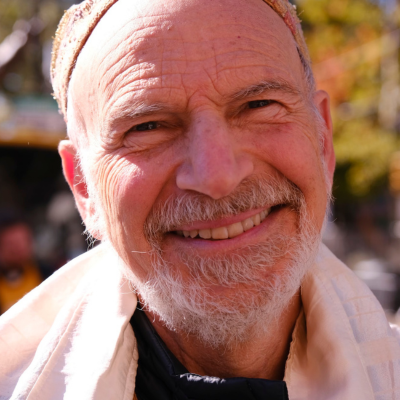(M)oral Torah

Bamidbar: Finding God in the Wilderness
That the Torah addresses the concerns that civilization inevitably brings, along with awareness of the need for individuals to experience God in wilderness, seems to me a profound grappling with the needs both of human beings and of God’s non-human world.
more

Behar-Bechukotai: Proclaiming Dror Throughout the Land
...modern American politics have alienated the word dror from the Jewish concept of liberty.
more

Emor: Sacred Times: A Moment to Reflect on AAPI Allyship
This month, we have overlapping “sacred times”: the counting of the Omer and Asian American and Pacific Islander (AAPI) Heritage Month.
more

Acharei Mot-Kedoshim: The Insidious Crime That Steals Billions of Dollars a Year from Workers
We are commanded to be holy in this parshah and “to not profit by the blood of our fellow.” (Leviticus 19:16) This means that we are obligated to do our best in preventing worker abuse.
more

Tazria-Metzora: Tweet Others as You Would Want to be Tweeted
When the boogeyman of the mob is demystified, we have the humanity to look even our enemy in the face as a real, breathing human soul.
more

Pride Month: Resisting Anti-Trans Pharaohs
In a time when modern day Pharaohs are seeking to peddle fear, to oppress, and to erase transgender people, we can take our direction from our brave matriarchs.
more

Invite the Erev Rav/Mixed Multitude to join the seder this year
This year I want to be a wise child who asks: “Can I be brave enough to go out and see who is suffering for my freedom?"
more

Vayikra: Mincha and Roses
To stand for human dignity means not only insisting on the right to basic survival needs, but the right to live fully — to experience joy, pleasure, love, friendship, beauty.
more

Elevating Our Hearts and Spirits Towards Justice
The Mishkan was not just a compound our ancestors built; it is a state of mind that we can inhabit.
more

When Blood Boils: Learning to Channel Anger in Productive Ways
Anger is like fire that, when used productively, can power engines of change but when mishandled can consume anything in its path, including us.
more
